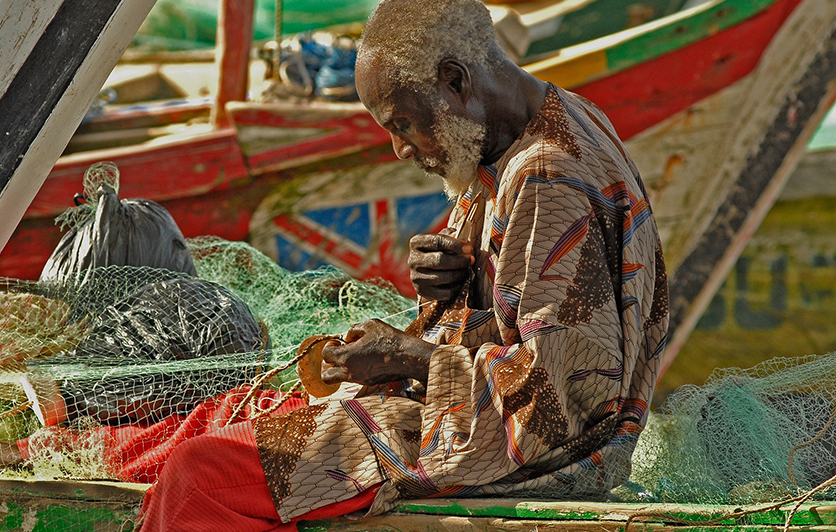-
Home
- Home Emerson Zarate
- Emerson Zarate

Emerson Zarate
"Mexico is a privileged place with spectacular landscapes and wonderful weather. We have flowers blooming all year long. <br><br>
"When traveling in 1982, my father saw some unusual handicrafts using pressed dehydrated natural flowers that were suspended in resin. He decided to use our fresh tropical flowers and add sterling silver to create original jewelry designs. <br><br>
"Although I was born in Mexico City, I've lived in rural areas all my life. We were surrounded by cool rivers, verdant fiends, mountains and all kinds of wildflowers. Today, I continue my father's jewelry tradition. <br><br>
"The art suits me. I'm a creative person, devoted, passionate and perfectionist in everything I do. When I enjoy an activity, I dedicate time to learning or training. I studied photography, which gave me the necessary tools to achieve fine visual details in my jewelry. I enjoy overcoming challenges and adversities as they arise. <br><br>
"We found that by dehydrating the flowers, instead of pressing them, let them maintain their shape. This allows us to use flowers that are unsuitable for pressing, like a rose bud, for example. We developed a technique that preserves the natural colors. <br><br>
"Thanks to a spring-like weather, we're able to grow our own flowers year round. After much trial and error, we were able to achieve jewelry with the quality and aesthetic we sought. We began showing it to family members and close friends, and were surprised at how much they liked it. They immediately began asking for new designs and more flower varieties. <br><br>
"Soon after, my father began selling our designs at a bazaar in Mexico City. He set up a small table to exhibit them. What started as way to earn money in his free time led my father to leave his job and focus on this art form. Our jewelry has reached people in Mexico and many other parts of the world. <br><br>
"Without a doubt, the biggest cost in our jewelry is silver. It also has a complicated artisanal metallurgic process. We use a resin that quickly crystallizes and we have only a brief period to cover the flowers one by one and manually remove air bubbles with a needle. <br><br>
"I've grown up with this craft my whole life. I've seen it evolve and have implemented new techniques, materials, designs, flowers and more. We've improved, learned and adapted the processes. <br><br>
"We went through a rough period when the price of silver nearly doubled and costs rose excessively as well. We decided to process our own silver, so my brother took intensive training in metallurgy in Taxco. He taught me everything he learned and it took us almost two years to perfect our process for the quality we wanted, <br><br>
"My jewelry has allowed me to participate in international expositions. Once, my father, brother, and I attended the crafts fair in Peru and had the opportunity to visit Machu Picchu. This was one of the most impactful experiences of my life ? it was a magical place and full of power. <br><br>
"But the real adventure began when we made our return. We were on the edge of Wayna Picchu, the highest forest of Machu Picchu and I remembered that an aunt I loved very much asked me to bring her some rocks from the ancient Inca fortress. I put a couple in my backpack. From then on, a successful trip turned into an ordeal. When we got to Machu Picchu's exit, we missed the bus to the town where we'd catch the train to Cuzco. We waited for the next bus, but there was little time to catch the last train of the day. <br><br>
"When we made it to town, my dad yelled, 'Run to the train!' and we all ran in different directions. It turned out that no one knew where it was. A woman who lived there must have seen our frustration and yelled at us to follow her. So, we followed her as she dodged people, animals and market stalls with her baby in a rebozo on her back until we reached the station. But we couldn't board because they'd closed the train and it was about to leave. <br><br>
"The next train was to leave the following day and we'd miss the noon light from Cuzco to Lima, and we'd lose the connecting flight from Lima to Mexico City and then to Guatemala for another exposition. We did everything possible, talking to the guards and anyone else so that we could board. We explained our situation, but we couldn't get aboard. <br><br>
"Fortunately, the guards understood our plight and told us about another train just for people from the area. The conductor understood our extreme urgency and made an exception. When I pulled our papers from my backpack, a security guard saw the rocks and asked me about them. I told him the story and he asked if I knew the legend that Machu Picchu rocks were 'cursed' and should be returned to a sacred place. I took it as a joke and kept them. <br><br>
"Luckily, we made it Cuzco that same day and the next day, my dad went to see a client in a plaza while I took my backpack in a taxi to shoot some photos around the city. When we returned to the plaza to meet up with my dad and my brother, I had to look for them in three stores and I asked the driver to wait. Because he'd been friendly and polite, I trusted him and left my backpack in the cab. But when I returned, the taxi was gone with my backpack, camera, souvenirs, film, passports, airplane tickets and the rocks. We had to stay Peru for a week while we got new passports and my mother, who was Mexico, attended the exhibit in Guatemala. <br><br>
"I guess it was a good thing that the rocks stayed in Cuzco, and I don't doubt that they found their way back. <br><br>
"I consider myself a spiritual person, and practice yoga and meditation. I enjoy traveling, seeing new places, people, food, traditions and mindsets. In all of my travels, however, the main purpose is the journey within, because I've been able to learn more about myself."


